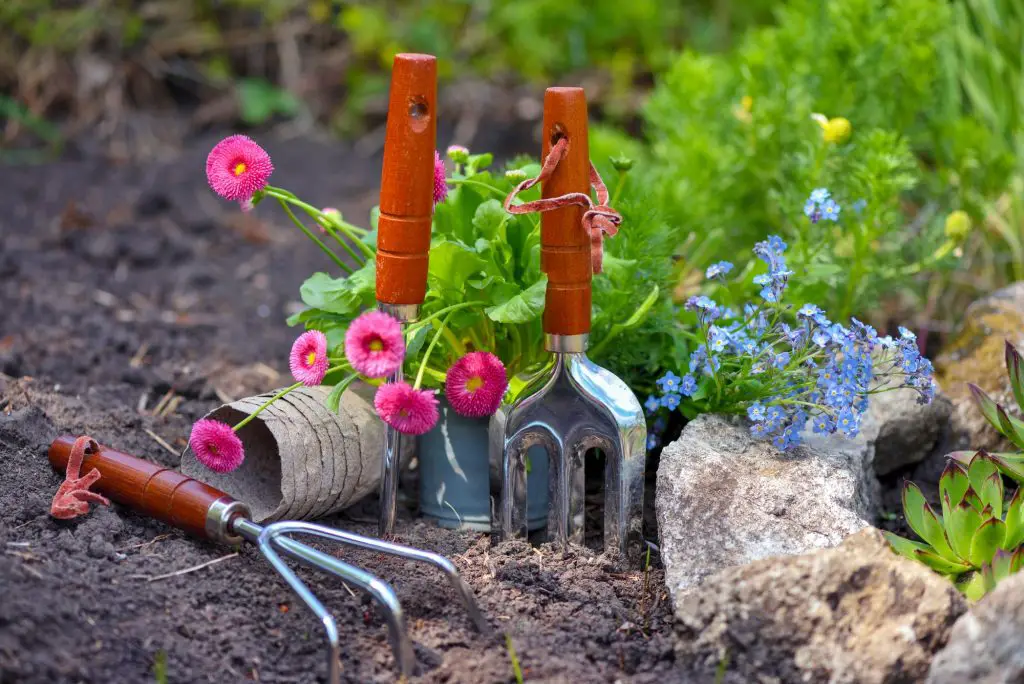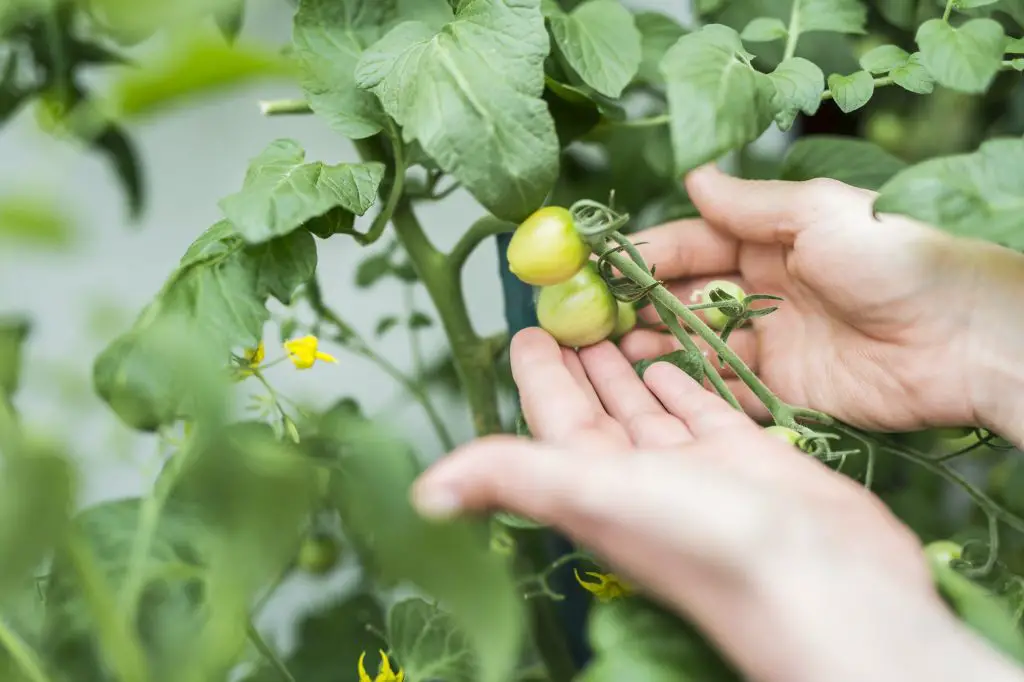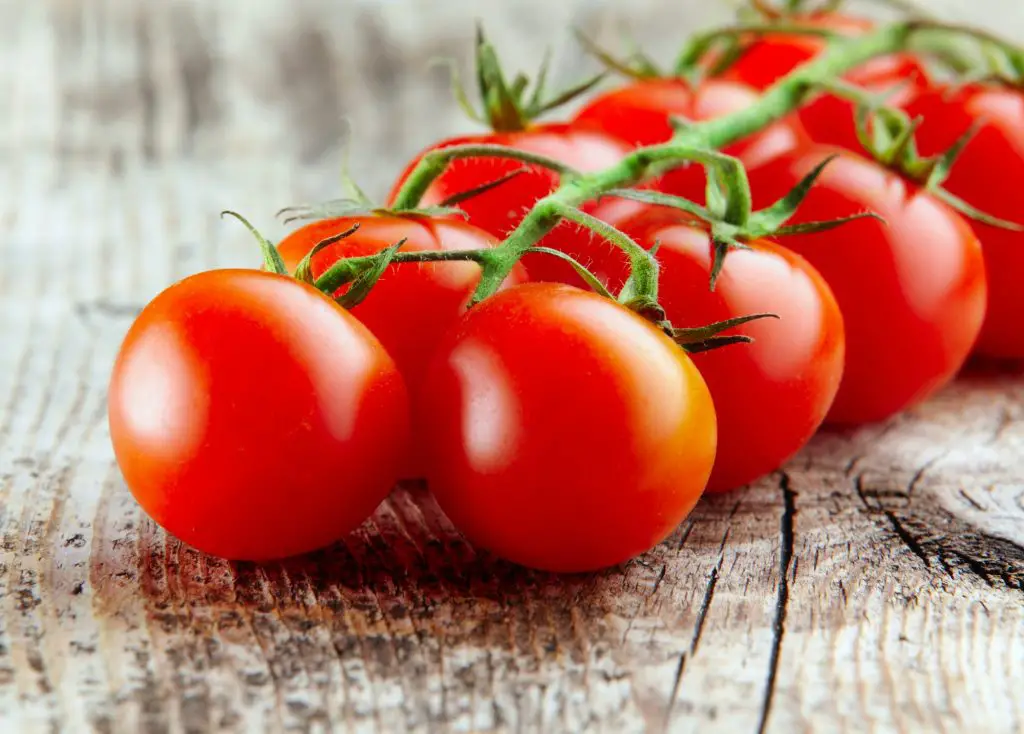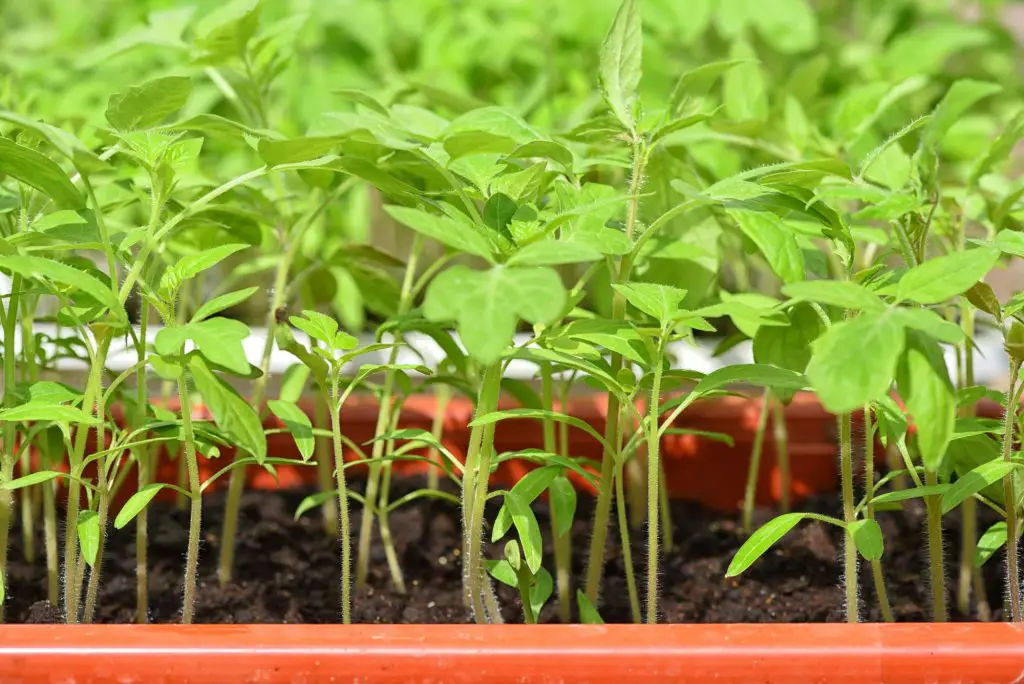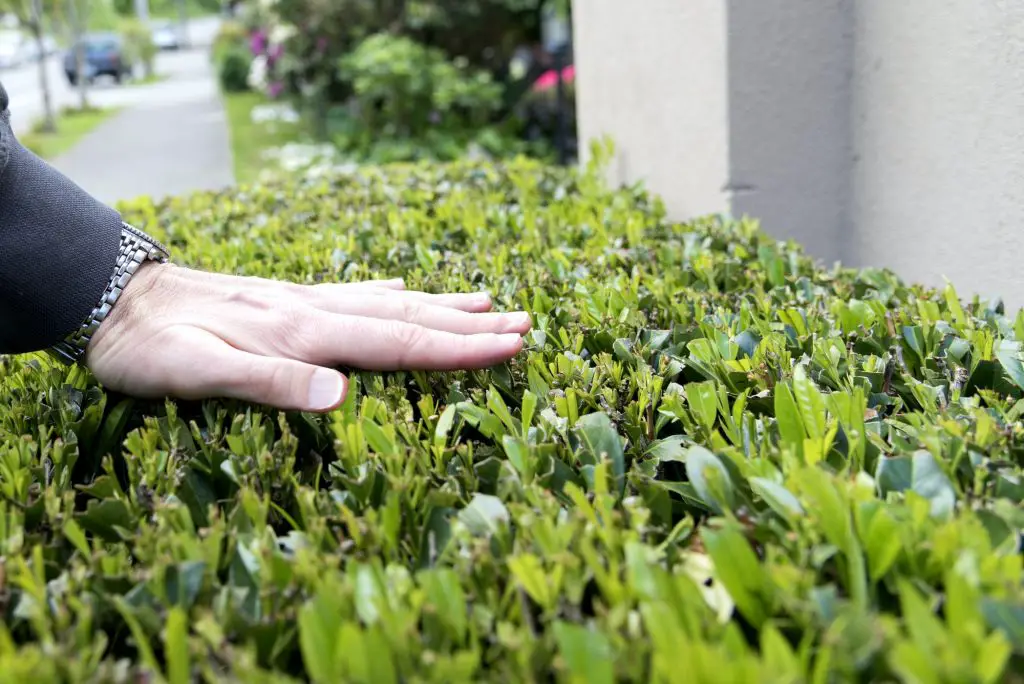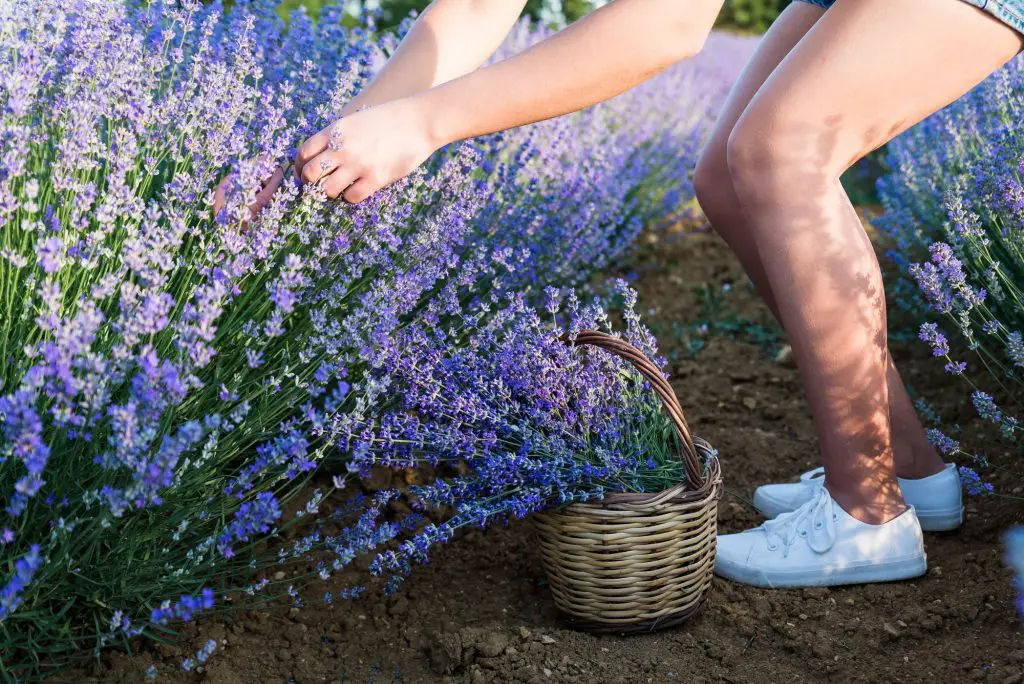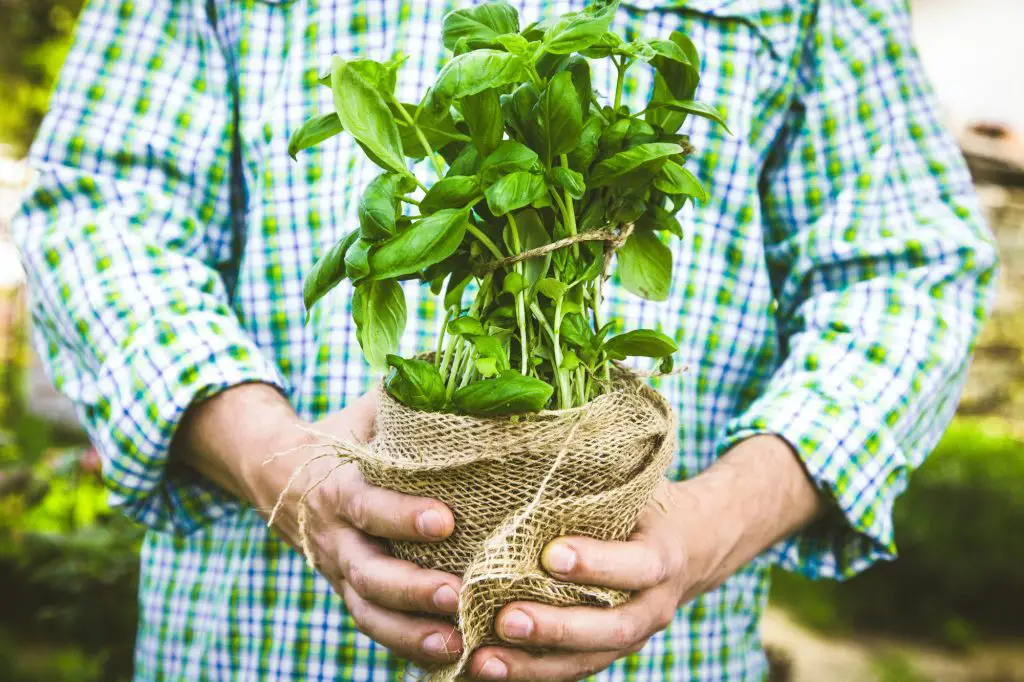The term “organic” in gardening is a term that is used to describe the use of organic matters to improve the soil. These organic matters are gotten from compost and manure. This is mostly used in an organic garden.
Organic gardening refers to the use of only natural products like compost, animal manure, etc, for gardening and without the use of synthetic products like chemical fertilizers and pesticides.
The use of organic gardening can be dated back to when man first got to the earth. Gardening/ farming was done with natural products, and organic gardening was the regular type of gardening then, this is because inorganic products were not known
After a while, chemical fertilizers and pesticides were introduced and have since been in use.
Organic gardening was popularized by J. I Rodale, according to Wikipedia, “He was known as an advocate for organic and sustainable agriculture.”
The focus of organic gardening is to make use of natural pesticides like Pyrethrin and Rotenone, natural sources for supplement nutrients, and building of soil organic matters.
Table of Contents
Methods Used In Organic Gardening
1. Crop rotation
Crop rotation is the act of planting different crops, sequentially, on a piece of land. Crop rotation is one of the methods used in organic gardening because it naturally replenished the land, it is also a means to control weeds on that land and it limits insects.
2. Companion Planting
This is the act of growing plants together for the benefits that they have to offer one another and the soil. Companion planting makes the plants healthy, some of the plants serve as shade for one another, especially the tall plants like corn, It controls weed, some plants serve as an insect repellent for other plants, an example of this is herbs, onion.
3. Biological pest control
This is a method of using natural and organic ways to control pests, weeds, and plant diseases. There are various ways to control pests naturally. Examples of these are growing trap crops, use of light traps for moths, predation, naturally-prepared pesticide I.e the use of ginger, tobacco, chill, etc.
4. Mulching
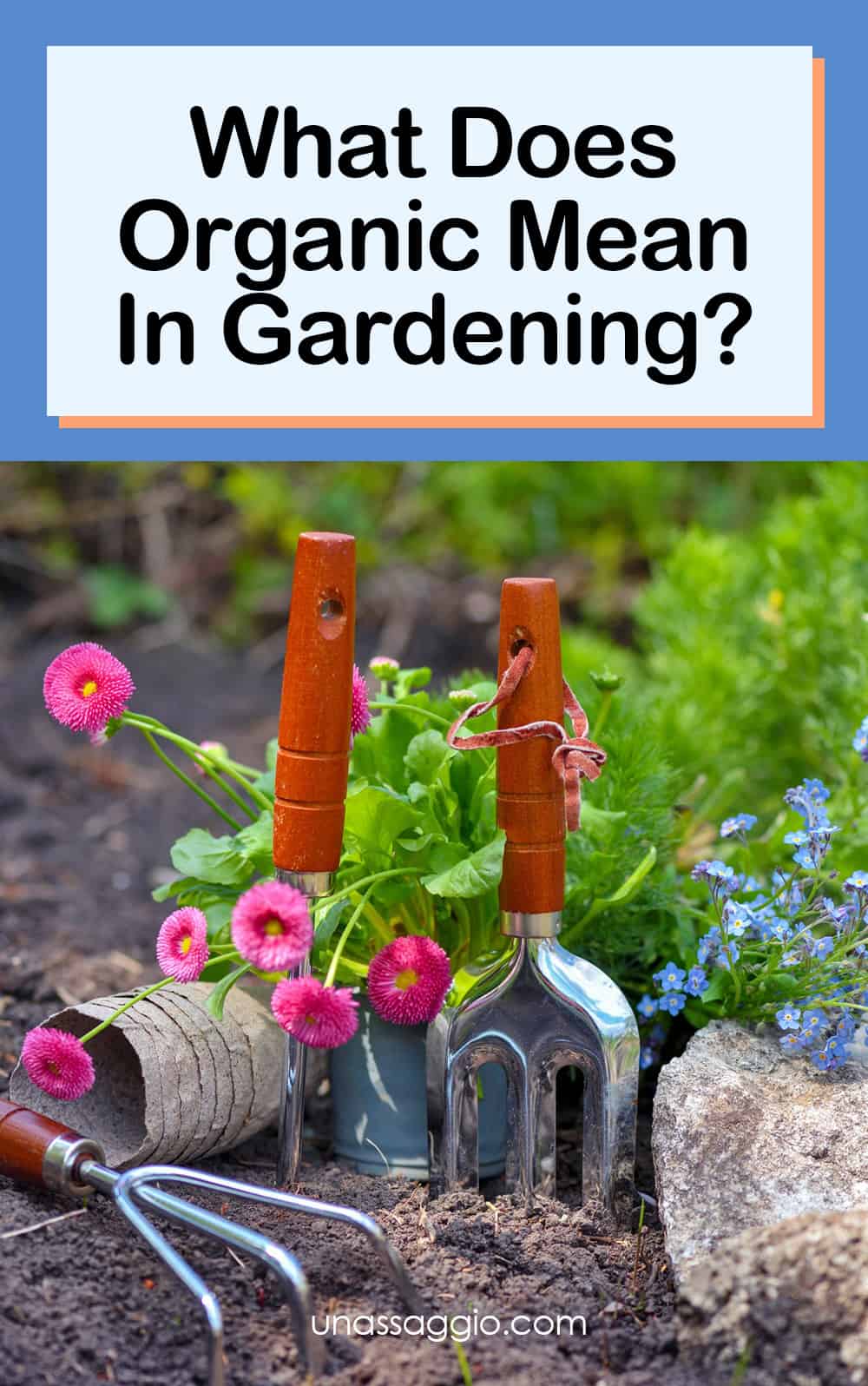
This can be described as the act of covering the soil with the use of organic materials like leaves, sawdust, shredded bark, compost, etc. This shields the soil from the sun or wind, thereby helping the soil retain its moisture, mulching also protects the soil from erosion and increases soil fertility.
5. Cover crops
Some plants are grown with no aim of harvesting but to use as beneficiaries for the soil. They improve soil stability, slow down erosion, increase moisture, improve soil health, and give the soil many other nutrients. Some cover crops are Rye, buckwheat, clover, vetch, bean species, etc.
6. Compost
According to Wikipedia “Compost is organic matter that has been broken down into simpler organic or inorganic matter in a process called composting” this simply means that compost is organic matter that provides natural nutrients to the soil for better growth of plants. They also give the right amount of moisture and retain air in the soil. Using compost is a way to reduce the use of chemical fertilizer and pesticides, they also reduce pests and diseases.
Benefits of organic gardening
- Healthy soil: The methods of organic gardening ie, cover crop, organic fertilizer, intercropping, crop rotation, and many more increases the soil structure and replenishes/ supplies nutrients to the soil. It also prevents erosion and there is a reduction in the number of nutrients that the soil loses. They become healthy which produces a healthy plant.
- Healthy and better-tasting food: A healthy and chemical-free soil, automatically produces better vegetables, food, and fruits and better taste, while a chemical fertilizer and pesticide filled soil produces the opposite, this is because pesticides and chemical fertilizer alters the taste of plants and can transfer toxin to the plants. In organic gardening, you can be sure your food is void of chemicals, healthy, and tastes better.
- Reduces cost: synthetic Fertilizers and chemical pesticides are quite expensive compared to the use of organic products. In organic gardening, almost all that you need are available on your farm/garden or are supplied by nature and you do not have to spend any amount.
- Economic benefits: In recent times, the demand for organic products is rising, people are beginning to see the need for the consumption of organic food. Organic food is imported into the country especially in urban settlements, which makes it costly. Organic gardening in your environment will provide food for a lot of persons at an affordable rate.
Conclusion
There are a lot of benefits attached to the use of organic products for your farm, however, they just do not happen, organic gardening involves time and labor, a little more than the regular type of gardening.
You may also lose some crops or have a reduction in your harvest. All of these are normal intending an organic garden.

